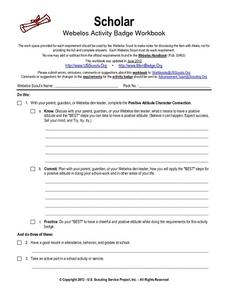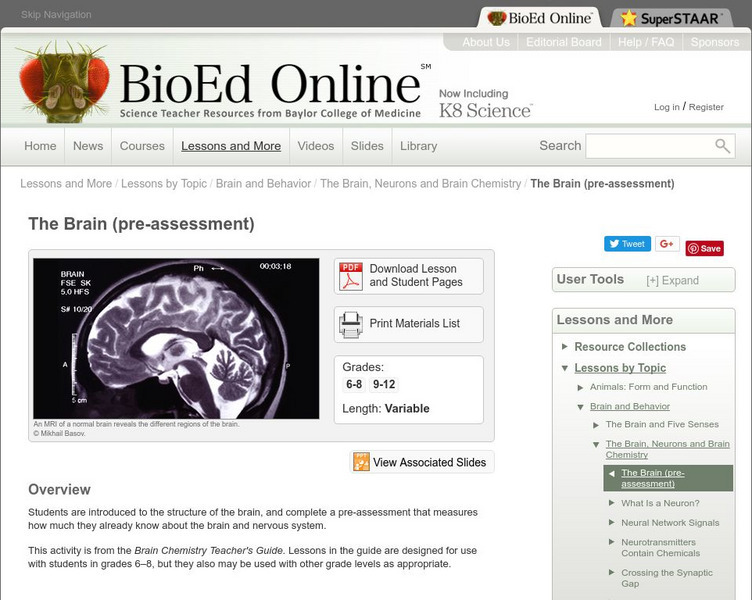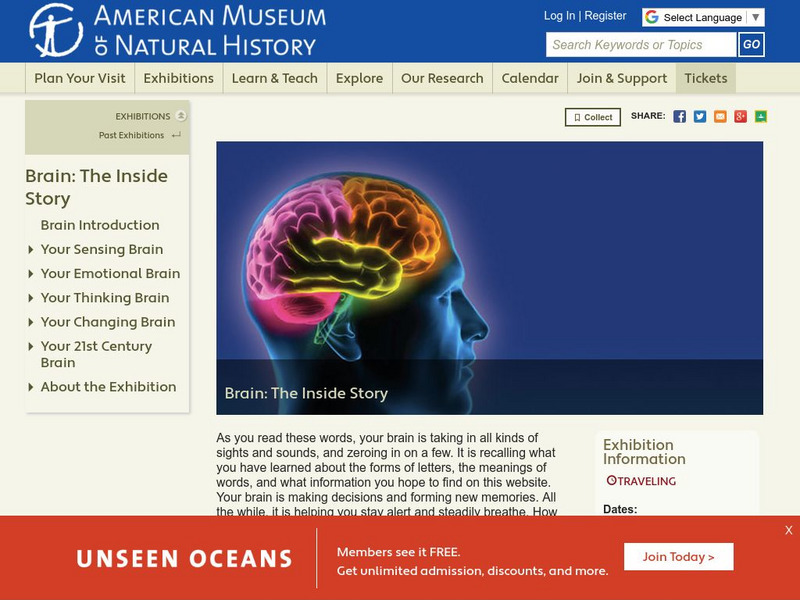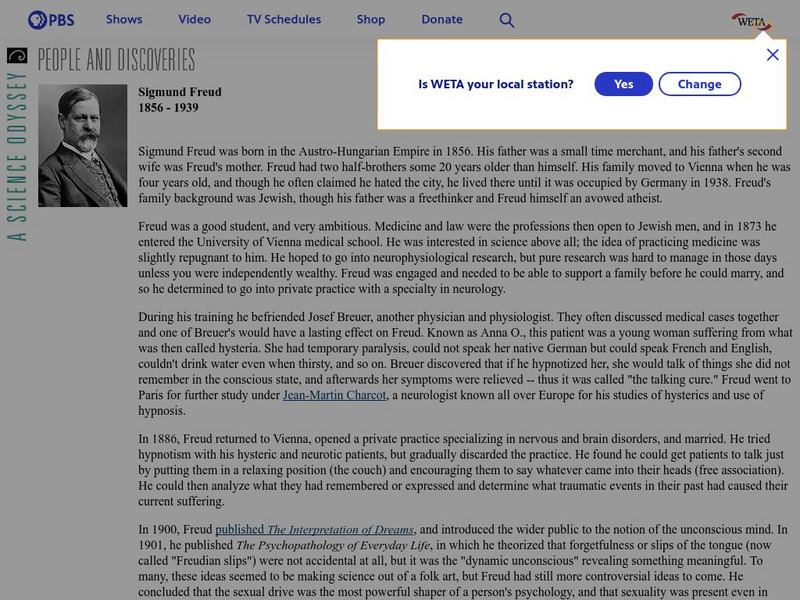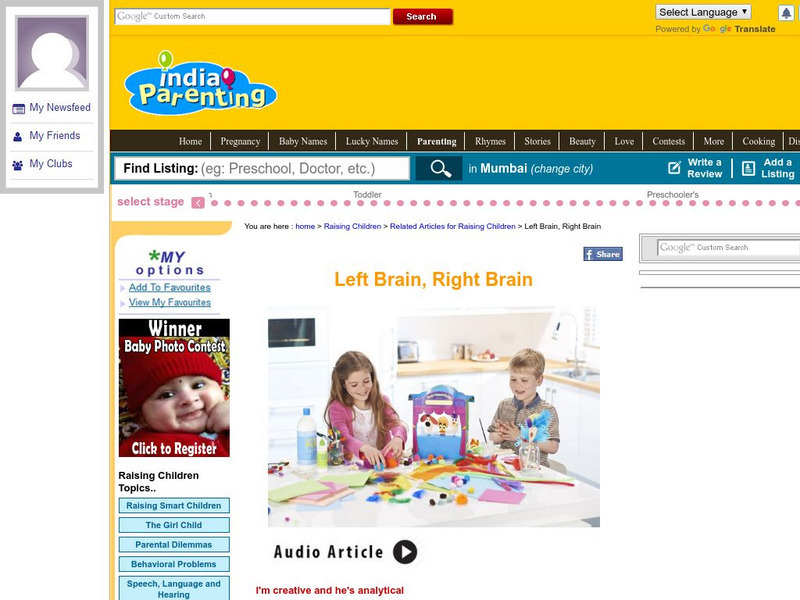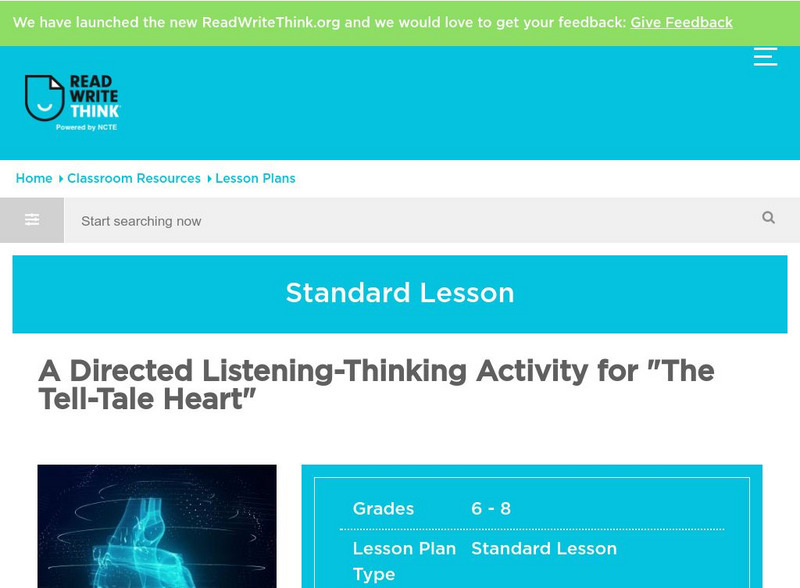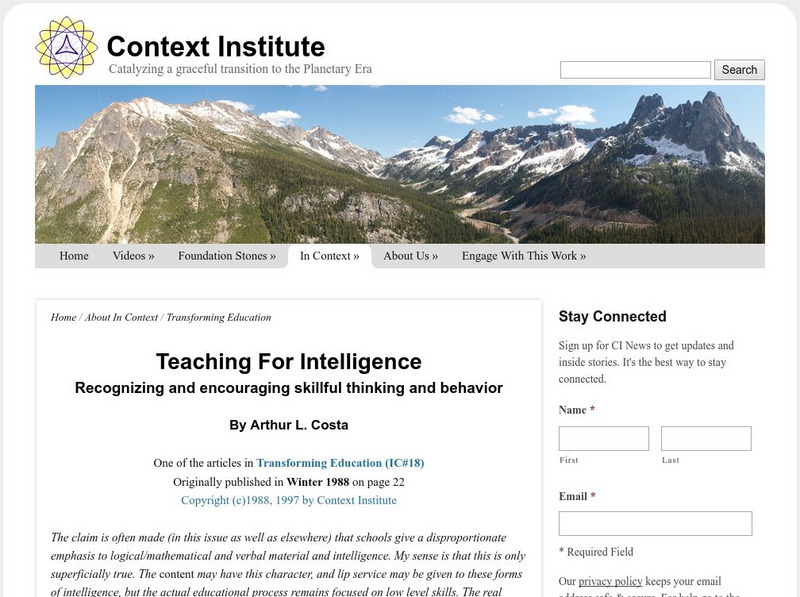Curated OER
Scholar/ Webelos Activity Book
In this psychology worksheet, students answer 13 questions that are focused upon measuring the attitude of positive thinking and its influence upon learning.
Curated OER
A Look At Me
Ninth graders discover how to begin thinking positively about their futures. For this planning lesson students complete several activities for planning their lifelines.
Curated OER
Thinking!!!
For this mathematical concepts worksheet, students complete math word problems dealing with fractions, multiplication, probability, and more. Students complete 8 problems total.
Curated OER
Thinking, hearing, taking
In this thinking, hearing, and taking worksheet, students fill in the blanks to sentences with different forms of thinking, hearing, taking, wanting, and more. Students complete 10 multiple choice questions.
Curated OER
Flexible Thinking - Squiggle Art
Students develop their creative abilities. In this creative thinking instructional activity, students examine different shapes and drawings and discuss what it makes them think of. Students create self confidence by thinking together in...
Curated OER
Not So Snappy 14
In this word problem worksheet, students endeavor to logically discover the answers to some common-sense equations. Three out of four questions pertain to real-world situations with the fourth asking for number products.
Curated OER
Creative Writing
Students write in their journals at the beginning of class. They create a poster of what they just wrote about in their journals. Pictures are to be labeled and dictionaries are encouraged.
Curated OER
The Thinking Approach to Reading
Students discover to how to tell what a passage is saying and different types of reading. They relate the situations to real life situations.
Curated OER
What to teach: conceptual frameworks
Students use conceptual frameworks to organize and explain historical information. They find themes, ask questions, develop timelines, and use other thinking strategies to make meaning of history.
Curated OER
Out of the Box
Students brainstorm unique and unusual words associated with a given topic.
They then work together in groups to check their work against lists created by the teacher. Finally, they keep score of the points they receive for matching...
BioEd Online
Bio Ed Online: The Brain: Pre Assessment
The brain has unique physical characteristics and it is specialized into many different areas, each with a different job. Brain functions and abilities develop over time. Assess student's knowledge of the structure of the brain by having...
American Museum of Natural History
American Museum of Natural History: Brain: The Inside Story
This exhibition documents how our brains sense, think, process emotions, and grow and change.
National Cancer Institute at the National Institutes of Health
Seer Training Modules: Introduction to the Nervous System
Self-guided learning activity where students learn about the structure and function of the human nervous system. There is a short quiz at the end of the lesson to check for understanding.
TED Talks
Ted: Ted Ed: How to Use Experts and When Not To
In this video, Noreena Hertz argues that people rely too much on experts and advocates for the democratization of expertise. [18:19] Includes a short quiz and a list of additional resources to explore.
TED Talks
Ted: Ted Ed: Rethinking Thinking
A brief video that describes the ways that people gather and process information to draw conclusions and make decisions. [5:33] Includes a short quiz and a list of additional resources to explore.
Other
Brandeis University: How Planning and Reflection Develop Young Children's Thinking Skills
Young children ages three to six are capable of making thoughtful decisions about their behavior and keen observations about their environment. We can promote the development of thinking and reasoning in young children in the early years...
Edutopia
Edutopia: Are You Tapping Into Prior Knowledge Often Enough in Your Classroom?
Learning progresses primarily from prior knowledge, and only secondarily from the materials we present to students, studies show. This article offers some research behind why we need to stop hurrying through lessons and take the time to...
PBS
Pbs: A Science Odyssey, Sigmund Freud
A biography of Sigmund Freud (1856-1939 CE) from PBS discussing his background and his achievements and contributions to the field of psychology.
Other
India Parenting: Left Brain, Right Brain
India Parenting takes a look at why "I?m creative and he?s analytical" with a discussion of right brain and left brain characteristics.
Other
Foundation for Critical Thinking: Elemental Structure for Analytical Thinking
Dissect the eight elements identified which make up the human thought process. Everyone thinks and everyone follows this course to produce thoughts.
Other
Lee College: Elements of Reasoning [Pdf]
A slide presentation providing definitions and details on the three dimensions of thinking and eight elements of reasoning. Views will also find activities and questions to gain deeper understanding of the psychology of thinking.
Grammarly
Grammarly Handbook: Basic Mechanics
This page focuses on the basic mechanics of writing including links to Genre, Thinking, Methods of Reasoning, Evidence, and Citation.
ReadWriteThink
Read Write Think: A Directed Listening Thinking Activity
Lesson which requires learners to listen to The Tell-Tale Heart read aloud, answer prediction questions during the reading, and write written responses after. Excellent for beginning a mystery unit.
Other
Teaching for Intelligence: Recognizing and Encouraging Skillful Thinking
Teaching students how to think is an important task for any educator. This well written and informative article lists 12 characteristics of intelligent behaviors that can help you understand how to teach skillful thinking to your students.


